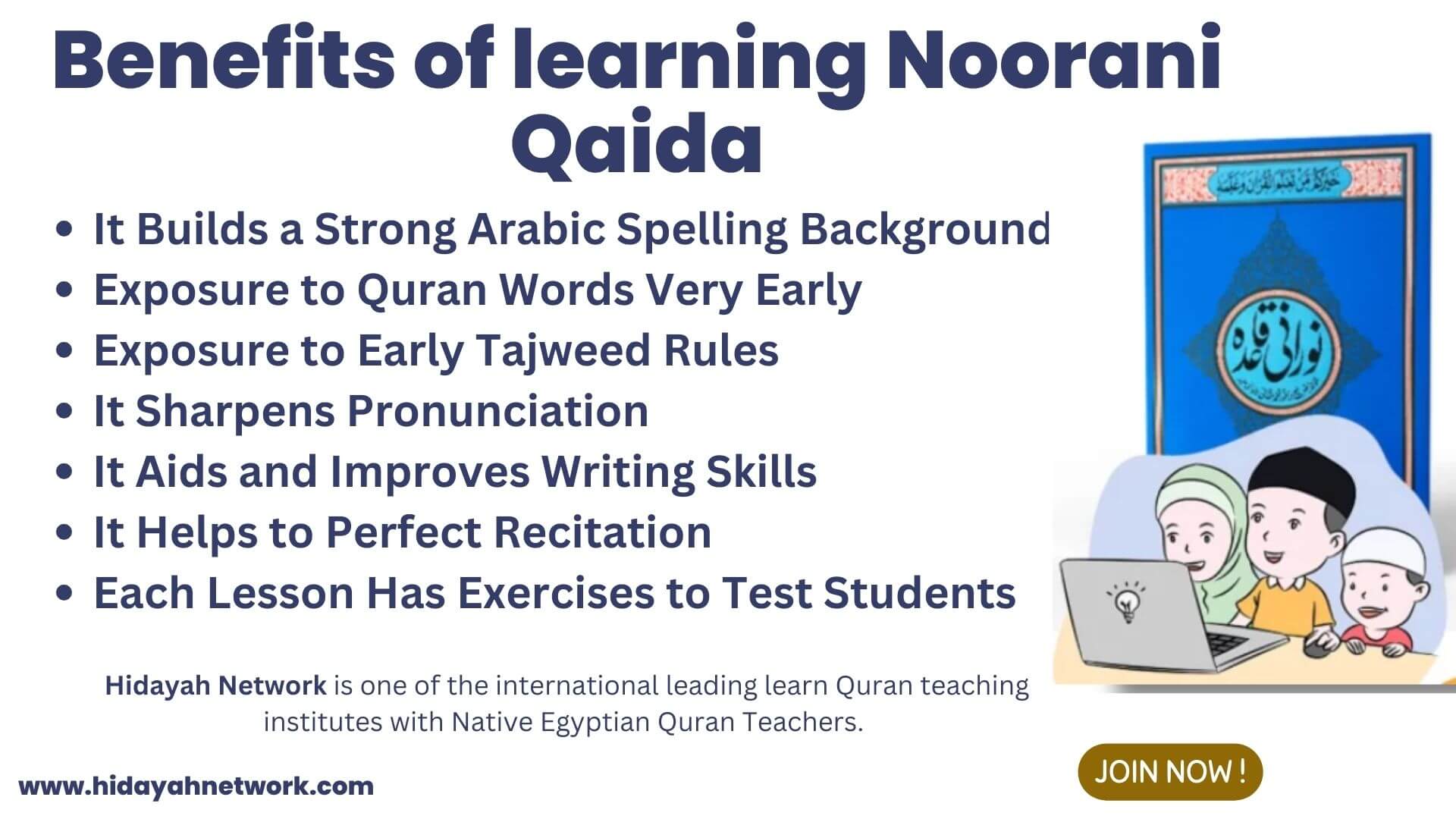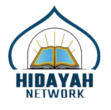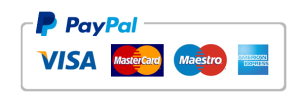Noorani Qoida is one of the best books for beginners who want to learn the Arabic language to know how to recite the Quran. The name of the book was derived from the author’s name, Sheikh Noor Muhammad Al-Haqqani.
The book begins with the identification of the twenty-eight (28) letters of the Arabic language. Other lessons such as the identification of the Arabic vowel sounds, how to pronounce words with vowels, and how to join words together are contained in this great book.
The benefits of Noorani Qaida are many. First, beginners will know and identify the Arabic letters. Also, it will build a strong spelling and pronunciation background for beginners. Also, students of Noorani Qaida will be exposed to basic Arabic terminologies and some basic tajweed rules which will come in handy when they start reciting the Quran.
Table of Contents
Toggle7 Benefits of Noorani Qaida
Follow us here for more benefits of Noorani Qaida.
1. It Builds a Strong Arabic Spelling Background
Noorani Qaida is essentially for beginners who want to learn Arabic and use the knowledge of Arabic to recite the Quran. The author realized that to be able to recite the Quran properly, Arabic spelling must be solid. In the book, the author starts by identifying the Arabic letters. After identifying the Arabic letters, the author introduced the concept of letter formation through the joining of words.
In that same lesson, the author explained how Arabic letters can be identified within the words when they are mixed. For instance, a letter may come at the beginning of the word, in the middle of the word, or at the end of the word. Therefore, a student must be able to identify these letters because some letters appear differently when they are alone compared to when they are joined with other words.
A good example is the first letter of the Arabic letters which is known as ‘’Alif’’. Alif as a letter can stand alone, it can be written on a letter, and it can come at the top of a letter. Similarly, the letter ‘’Hamza’’ can also stand alone, it can be placed on top of a letter as Alif, it can come under Alif as ‘’Alif Hamza‘’, and it can come on top of ‘’Ya’’ as ‘’Ya Hamza’’, or on top of ‘’Waw’’ as ‘’Waw Hamza’’.
These and many other lessons in the book can help build a strong spelling background which will help students read the Quran, Arabic stories, and Arabic newspapers perfectly.
2. Exposure to Quran Words Very Early
Some beginner books are not concerned with exposing beginners to Quran words early. They believe beginners do not need them at that particular time.
The author of Noorani Qaida does not believe that beginners do not need to be exposed to Quran words early. In Noorani Qaida, most of the words used to teach beginners the knowledge of spelling are words from the Quran. We think the author did that intentionally so that he could expose beginners to the words of the Quran.
After completing the Noorani Qaida, beginners will find a lot of words they learned in Noorani Qaida in the Quran. This can also help beginners to learn Quran faster.
3. Exposure to Early Tajweed Rules
Normally tajweed is supposed to be learned after attaining some certain stage in learning. This is applicable in Noorani Qaida. Students are exposed to the rules of tajweed very early. We think the author believes it is the best way to teach beginners how to recite the Quran early.
In Noorani Qaida, beginners will be taught the tajweed rules of joining the Arabic letters. The rule for joining the letters is that only the head of a letter is written at the beginning and the middle of any word. The complete shape of a letter is written at the end of the word. Letters can be identified in two ways. They can be identified either by shape or by a dot.
Also, another rule of tajweed in Noorani Qaida is the rules of Noon Sakinah and Tanween. The rule consists of four items which are Izhar, Idgham, Iqlaab, and Ikhfaa.
Izhar consists of six letters which are Hamza, Hau, Ain, Ha, Ghain, and Kha. Idgham consists of five letters which are Ya, Ra, Mim, Lam, and Nun. Iqlab has only one letter which is Ba. Ikhfaa has the most letters, which is fifteen. They are Sad, Zal, Tha, Kaf, Jim, Shin, Qof, Sin, Dal, To, Zain, Fa, Ta, Dod, and Zo.
4. It Sharpens Pronunciation
One of the reasons why beginners are supposed to be drilled in Arabic spelling is to sharpen their pronunciation. This is why Noorani Qaida is very important. By the time a person completes all the lessons in the book, the person’s pronunciation of the Arabic word will have been sharpened to perfection.
5. It Aids and Improves Writing Skills
Noorani Qaida is not only concerned with teaching and spelling Arabic letters, but it also contains lessons that can help beginners learn how to write Arabic words and letters. Also, those who aren’t beginners but don’t have good handwriting can use lessons in the Noorani Qaida to improve their writing skills.
6. It Helps to Perfect Recitation
Beginners and non-beginners can get online noorani qaida classes to perfect their recitation of the Quran by studying the lessons one after the other. The book consists of 17 well-detailed and explanatory lessons.
7. Each Lesson Has Exercises to Test Students
This is one important reason why Arabic teachers usually recommend Noorani Qaida to beginners of the Arabic language and the Quran.
The author included rigorous exercises after every lesson to drill students about the lesson taught. The essence of the exercises is to check how well students understood the concluded lesson before they are allowed to proceed to the next lesson.
The lessons also help Quran and Arabic teachers to know the level of their students and subsequently monitor the progress of their students.
Conclusion
We conclude this article by giving a big thumbs up to Sheikh Noor Muhammad al-Haqqani the author of Noorani Qaida. He wrote the book in a simplified way that teachers and students will find helpful. May Allah reward him abundantly. If you are a kid then it is best for you to get noorai qaida for kids classes and start your quran journey.
Frequently Asked Questions
It is important especially for non-native Arabs because it explains everything that a beginner needs to be able to speak the Arabic language and recite the Quran.
After learning the Noorani Qaida, the next thing is to get a basic understanding of the Arabic words. Then, the recitation of the Quran should follow.
Kids can start learning Noorani Qaida at the age of 4.
It is a comprehensive book that covers the basic principles of Quranic script, phonetics, and grammar. Also, it is designed to help students learn to read the Quran correctly and fluently.
For starting, beginners might take more than a week per page. Later beginners can speed up and cover more ground in less time. If we put all this together, we can say it will take beginners 8 to 32 weeks to complete Noorani Qaida.










